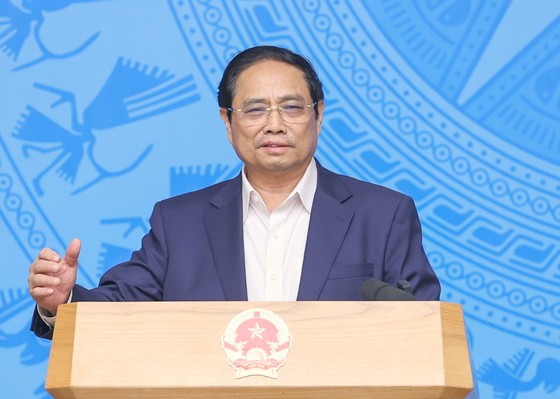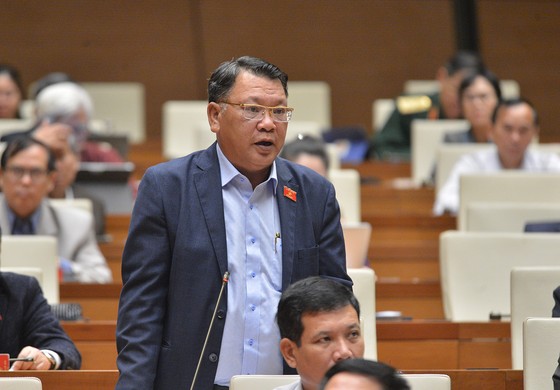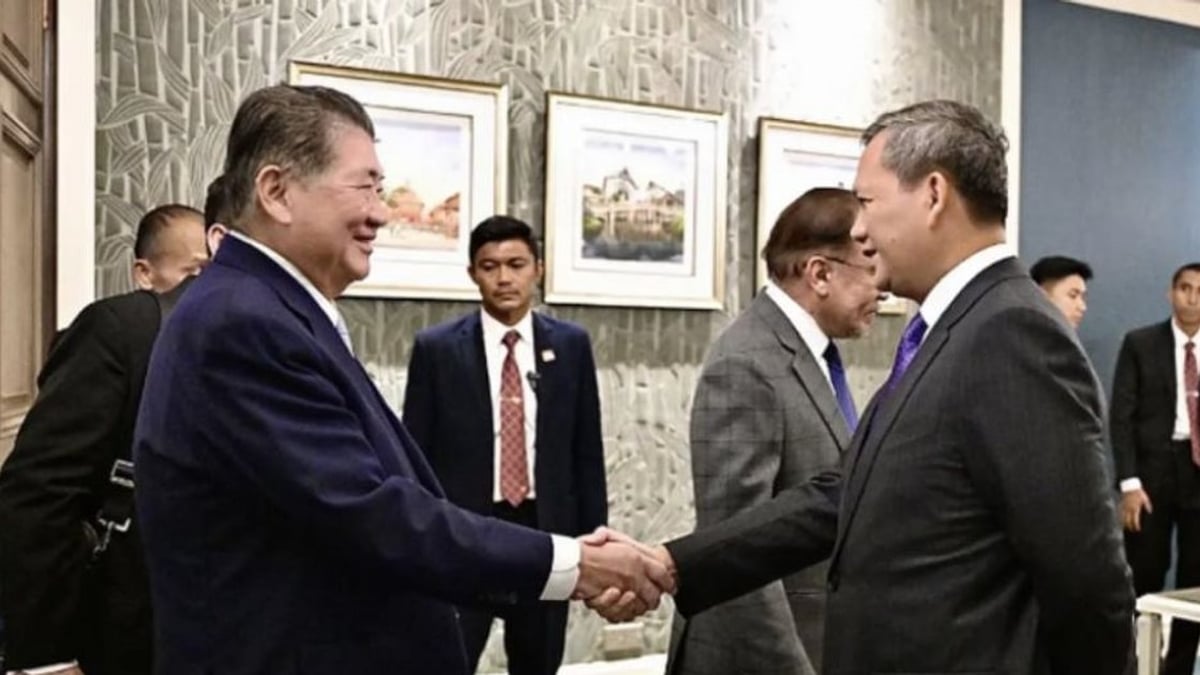SGGPO
On June 7, Prime Minister Pham Minh Chinh responded in writing to National Assembly delegate Nguyen Tao (Lam Dong) on policies for medical staff so that they can work with peace of mind and contribute.
 |
| Prime Minister Pham Minh Chinh . Photo: VIET CHUNG |
According to the delegate, doctors have a longer training period than other professions (6 years), after graduation they must practice for 18 months to be qualified to practice, during the practice they must regularly update short-term and long-term knowledge with quite high costs... Meanwhile, the starting salary of professional positions requiring university degrees are all equal to level 1, the coefficient of 2.34 x the basic salary is not really suitable. The delegate requested the Prime Minister to direct professional agencies to study and amend Decree 204/2004/ND-CP on salary regime for cadres, civil servants, public employees and armed forces, in order to solve the above problem.
 |
Delegate Nguyen Tao (Lam Dong) |
Responding to the delegates, the Prime Minister said that currently, cadres, civil servants, public employees in general and health sector employees in particular are being paid according to the salary regime prescribed in Decree No. 204/2004/ND-CP. In addition to the regimes generally applied to civil servants according to the above decree, health sector employees are also entitled to special regimes such as shortening the probationary period to 9 months (the general regulation is 12 months) due to the characteristics of the long training period (6 years for doctors); being ranked higher in salary when first recruited for resident doctors (ranked at level 2 with salary coefficient 2.67 of the doctor title); enjoying special regimes (including: preferential allowances according to the medical profession; regular allowances, anti-epidemic allowances, surgery and procedure allowances; regimes for doctors during rotation; allowances for village health workers).
Thus, the total income of health sector officials (including the general regimes applicable to officials and the special regimes mentioned above) is improved compared to other sectors and professions, demonstrating the attention of the Party and State to the health sector.
The Prime Minister also said that Decree No. 204/2004/ND-CP on the current salary regime for cadres, civil servants, public employees and armed forces (including health sector officials) implemented since 2004 has had many limitations and shortcomings and is still low compared to the income level in the labor market and the living requirements of wage earners. Therefore, at the 7th Central Conference of the 12th tenure of the Party, Resolution No. 27-NQ/TW dated May 21, 2018 on reforming the salary policy for cadres, civil servants, public employees, armed forces and employees in enterprises was issued. This is the basis for developing a Government Decree to replace the above Decree No. 204/2004/ND-CP. However, due to the adverse impact of many domestic and international factors, especially the direct impact of the Covid-19 pandemic, there are not enough conditions to reform wage policies.
During the period of not implementing salary reform, to ensure compliance with the socio-economic situation and state budget capacity, the Government has assigned the Ministry of Home Affairs to proactively coordinate with the Ministry of Finance and relevant agencies to draft and submit to the Government for promulgation Decree No. 24/2023/ND-CP dated May 14, 2023, adjusting the basic salary from VND 1,490,000/month to VND 1,800,000/month (an increase of 20.8%) from July 1, 2023 for cadres, civil servants, public employees and armed forces.
At the same time, the Government assigned the Ministry of Home Affairs to preside over the completion of specific contents of the new salary regime according to Resolution No. 27-NQ/TW (including the opinions of the National Assembly deputies on the salary of health sector officials), and submit it to competent authorities for consideration and decision.
Source



























![[Photo] National Assembly Chairman attends the seminar "Building and operating an international financial center and recommendations for Vietnam"](https://vphoto.vietnam.vn/thumb/1200x675/vietnam/resource/IMAGE/2025/7/28/76393436936e457db31ec84433289f72)








































































Comment (0)